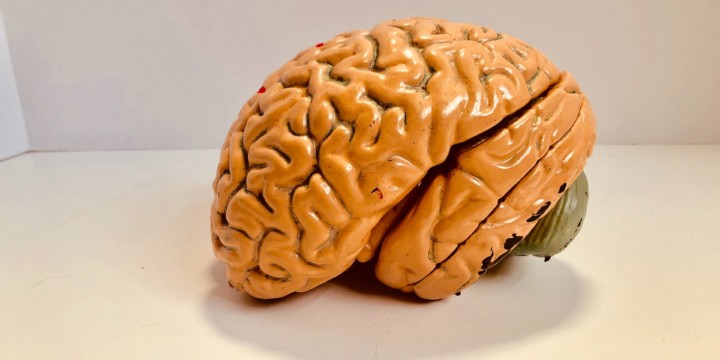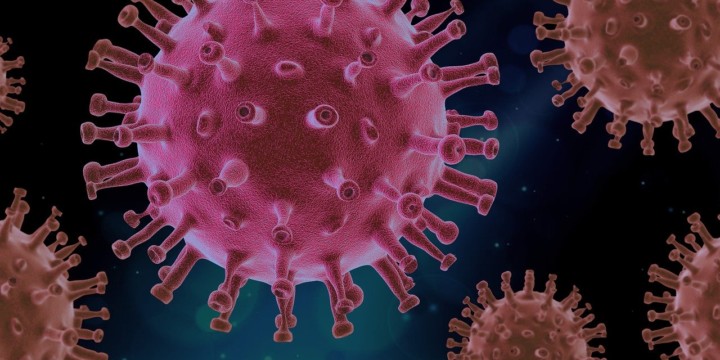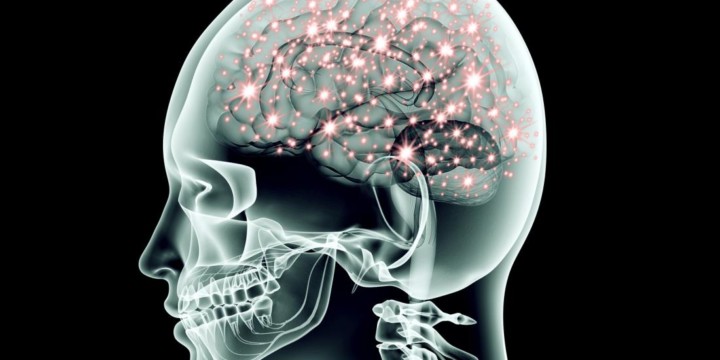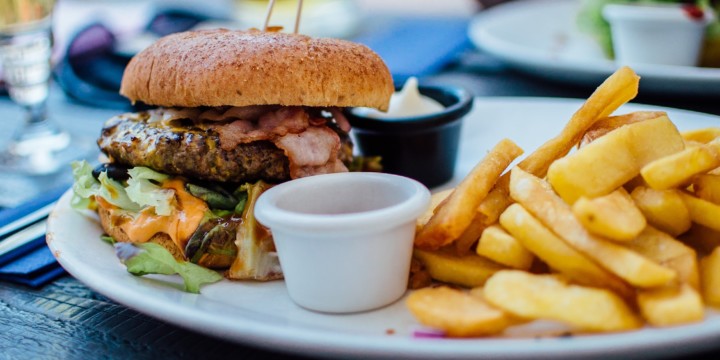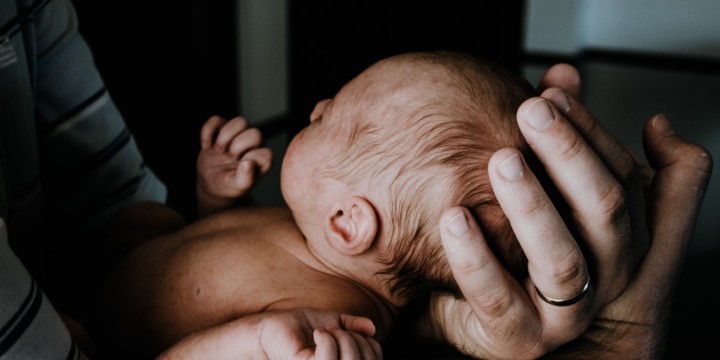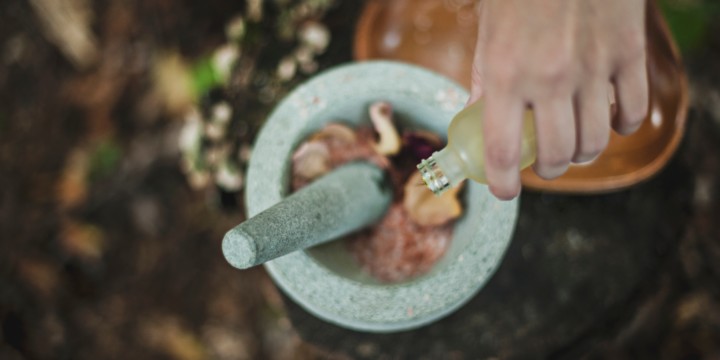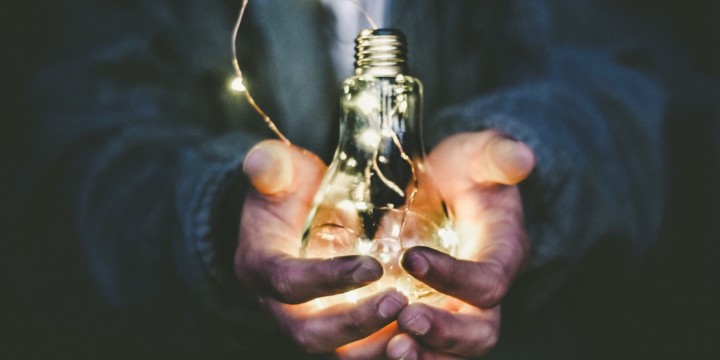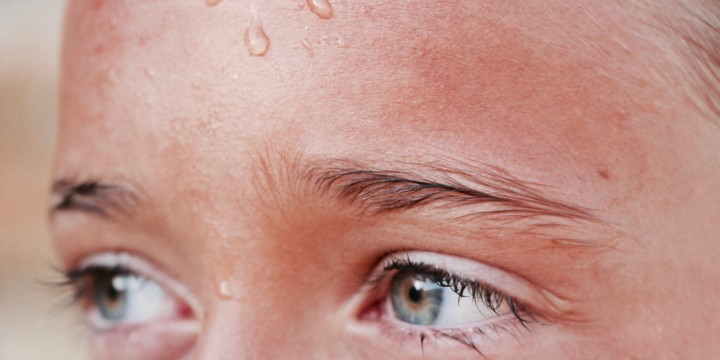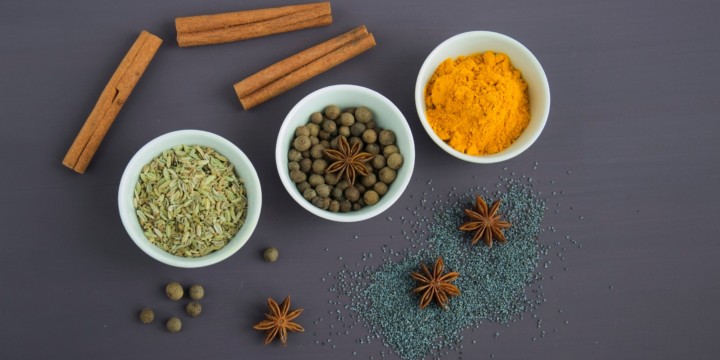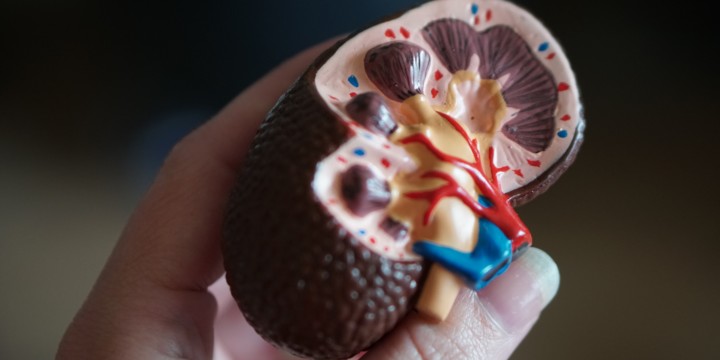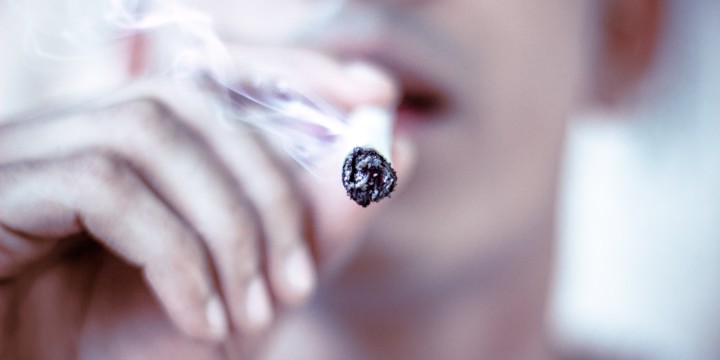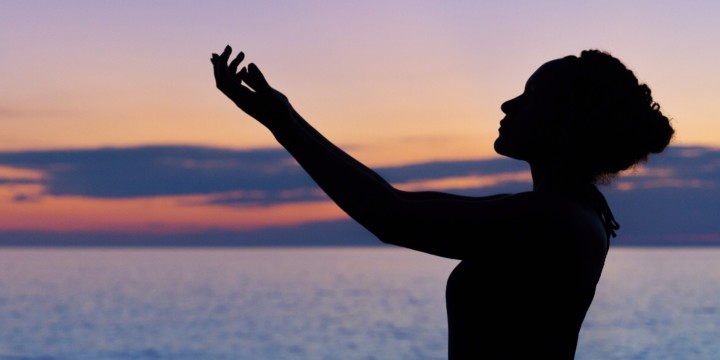Physiology of PPD
Being a new mom is a challenging job. Getting used to the life with the tiny human, dealing with lack of sleep, nursing issues, restricted social activities and to top it all coping with the hormonal changes that a woman’s body goes through is a daunting task. A mild depression called as ‘baby blues’ is common and lasts for a week or two. But when this condition persists and takes a severe form it is termed as postpartum depression.
Causes of Postpartum Depression
- A sudden change in hormonal levels following childbirth
- If a woman is suffering from depression prior to pregnancy and delivery, she is likely to suffer from postpartum depression
- Women with a family history of postpartum depression is at higher risk to suffer the same than the rest
- Unplanned pregnancy could lead to stress and a woman in this circumstance can develop postpartum depression
- Substance abuse in women can lead to postpartum depression
- Stress due to any cause can trigger postpartum depression
Symptoms of PPD
- Sadness, Hopelessness
- Unable to care for the baby
- Crying without any reason
- Loss of interest in self-care, sex and food
- Trouble focusing, learning and recollecting
- Unable to connect or bond with the bab
Treatment of PPD in Allopathy
- Most often obstetrician treating the lady is the first one to diagnose this condition and assess the severity followed by a psychiatric consultation
- Counselling and reassurance usually helps to a great extent
- Breastfeeding safe antidepressants are prescribed in unresolved cases
Ayurveda and Postpartum Depression
Vata dosha dominates this period due to lack of sleep and aggravation of anxiety, fear and loneliness. Pitta dosha also aggravates due to huge amounts of expectations in the postpartum period.
Our minds have a tendency to cling to what is familiar and what we desire, when this does not manifest the mental channels called as mano vaha srotas becomes unbalanced creating a vacuumed, stillness in activities and detached feeling. The goal here is to strengthen the mind and eliminate vata and pitta dosha.
Treatment of PPD in Ayurveda
The Ayurveda treatment focusses on balancing the hormones, doshas through panchakarma, diet, and herbal medications.
Ayurvedic therapies for PPD
According to Ayurveda a full body oil massage with medicated oils followed by steam baths (hot water bath) every day before sunrise for a minimum period of 40 days post delivery is followed strictly. This ensures the new mother to get rid of her soreness, stiffness, alleviates pain, relaxing the body and mind and prevents depression.
Abhyangam is a full body massage with medicated herbal oils. It stimulates vital pressure points, which leads to nervous stimulation and reduction in depression. Ayurvedic massages help to balance the Doshas and treats mental, emotional, and physical disorders. Abhyanga is followed by a steam bath called as svedana which eliminates the metabolic toxins from the body through sweating.
Padabhyanga is an Ayurvedic massage that stimulates the nerve endings and vital pressure points present in the foot and balances the Doshas. This induces mental calmness, relieves stress, anxiety and prevents depression. This is also excellent in treating insomnia
Ayurvedic Diet for PPD
- Vata pacifying diet is ideal. Anything warm, cooked and easily digestible food is best suited during the puerperium
- Milk and milk products are very essential to restore the mineral loss during parturition and during breastfeeding.
- Food rich in essential protein and fibre such as pulses, whole wheat, nuts and seeds should be consumed
- Boiled vegetables and citrus fruits should be consumed in plenty.
- Ensure to drink at least 3 litres of water through the day to prevent constipation and stay hydrated through the journey of breastfeeding.
- Avoid eating cold and refrigerated food. Prefer a freshly cooked meal.
Lifestyle modifications for countering PPD
- Staying indoors in a silent and dark room aggravates PPD, it is very essential to get outdoors, exposing oneself to the morning sun, experiencing some fresh air and going out for walks helps in alleviating depression.
- Exercise, 2 weeks post delivery in case of a normal delivery is an ideal time to start mild exercise and gentle walks. Yoga, meditation and pranayama is ideal
- Regular oil massage into the scalp and body using Bhringraj oil is very calming. Oil is grounding, nourishing and dense all of which are opposite to the quality of air, which is associated with PPD.
- Add ginger powder and baking soda to the bathing water, it soothes the nerves and relieves fatigue.
- Belly wrapping isn’t just comforting physically, but emotionally as well.
- Try to sleep as much as possible when the baby sleeps. Sleep supports the immune system, metabolism and mood.
Ayurvedic Medicines
Ashwagandha powder and Shatavari powder when taken with warm milk twice a day known to be very nutritious to the new mother helping her regain strength, energy. Shatavari powder is a galactagogue, improves and stabilises the milk supply and helps in the retraction of the uterus and normalises hormonal levels. These herbs act on neuronal levels preventing Depression.
Manjistha, Asoka, Kanchanara , Varuna and ghee are very effective in reducing postpartum bleeding, pain, anxiety, stress and discomfort. These herbs can be taken individually or in combination with milk or honey.
Dashamoola, when taken with warm water improves immunity, reduces metabolic stress on the body and treats insomnia and induces a good sleep which is very essential in treating postpartum depression.
Yoga and Pranayama for PPD
Being a new mother, you not only have a little bundle of joy to love but also sore back and tight shoulders like you never knew existed. Yoga might be the last thing on a mother’s mind while being exhausted most of the time and feeling like a stranger in your own body but practising just 4-5 minutes of each asana can speed up recovery and help to reconnect body, mind and battle postpartum depression.
Marjariasana (Cat pose), Bitilasana (Cow face sitting pose), forearm plank, Makara adho mukha svanasana (Dolphin pose), Balasana (child pose), Virabhadrasana 1 (warrior 1 pose), Salabhasana (locust pose), Ustrasana (camel pose), Sasangasana (Rabbit pose) and Setu Bandha Sarvangasana (bridge pose) are good for new moms as they not only help to tone the lax muscles of body especially the perineum but also involution of the uterus and reduces stress and thus preventing postpartum depression
Anulom vilom, Bhramari, and Ujjayi breathing have positive effects on new moms to combat anxiety and stress. A regular practice of Pranayama goes a long way in alleviating PPD.
Naturopathy and Postpartum Depression
Naturopathy treats PPD by creating an ecosystem conducive for the new mother. It aims at regaining the hormonal balance.
Treatment of PPD in Naturopathy
Naturopathic treatment includes a nutritious diet, aroma massages, acupressure & acupuncture, physical and mental support, and botanical herbs.
Diet changes
- Diet rich in iron such as greens, fruit juices and nuts are very essential to combat depression
- Vitamin D and omega 3 fatty acids are protective against postpartum depression hence consume milk, eggs, yogurt, cod liver oil, fish, flax seeds, chia seeds, and cheese in plenty
- Deficiency of essential vitamins and minerals is quite common in pregnancy and in the postpartum phase. Deficiency of Zinc and magnesium has been related to depression and these elements need to be supplemented through diet or supplements. Nuts, seeds, fresh fruits and greens are rich in zinc and magnesium.
Lifestyle modifications
- Sleep being luxury for a new mom is one of the most essential need to keep one’s mind in balance. Register the support of your family in looking after the newborn.
- Breastfeeding is very essential not only for the baby but for the mother as well. It helps her to bond with the baby, balances the hormones and helps in involution (retraction) of the uterus to the pre-pregnancy state and also helps in weight management.
- New moms are often homebound due to responsibilities, make time and get socially active. This helps a great way to prevent and treat postpartum depression
- Involve your partner in the task of caring for the baby. Educate the family members not to be too interfering and sympathetically in the art of raising an infant. It could worsen the condition
- Yoga, meditation, pranayama, exercises in any form and walks are very refreshing to treat and prevent any form of depression.
- Essential oils are believed to have a wonderful effect on enhancing the mood and are infused into various products to be used by new moms to dispel any signs of depression and insomnia.
- The ancient Greeks used essential oil such as lavender oil to be rubbed on palms and sole of the new mother for a period of 3 months, to relieve the stress and calm her mentally; it was also believed to increase the milk supply.
- Royal chamomile was used in the diffuser, especially during evening times to induce a peaceful sleep for both mother and the baby
- Tea tree oil can be rubbed into the clothing to keep the mother safe from any infections, reduce the pain post delivery and boost her immunity.
Botanical Herbs
Ginkgo Biloba, Valerian, Jamaican dogwood, John’s Wort and Rhodiola reduce stress, relaxes the mind, and reduces irritability and fatigue by regulating the normal hormonal levels and inhibiting a cortisol secretion which is responsible for depression and stress.

